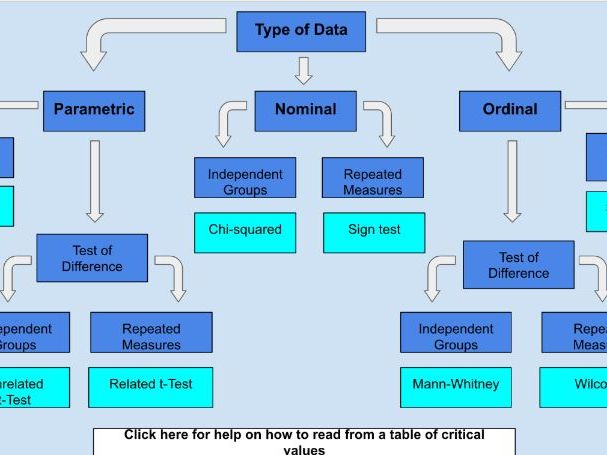Resources by mrskidson14
I have been teaching mathematics and psychology for 5 and a half years and am now on maternity leave with my first child. I am therefore deciding to share some of the resources I have created over the years and found most useful! There are lesson planning resources, classroom displays, whole lessons, festive activities, revision tasks and more.





